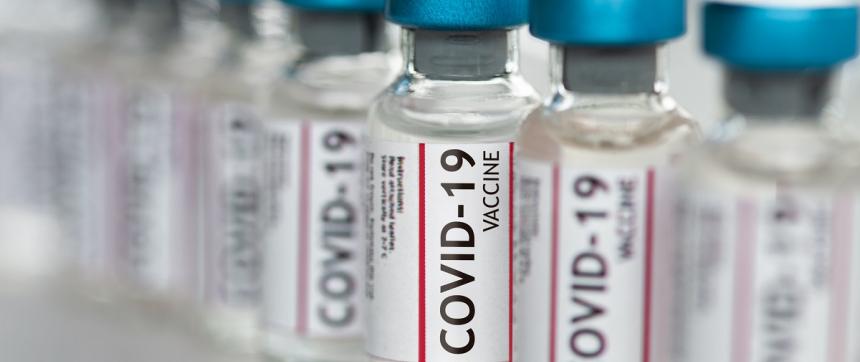A new peer-reviewed study published in the Journal of American Physicians and Surgeons has reignited debate over the safety of COVID-19 mRNA vaccines, calling for an immediate moratorium on their use.
The authors, led by Dr. Philip R. Oldfield, highlight “serious safety concerns,” incomplete data, and potential long-term risks as grounds for the recommendation, specifically targeting Pfizer and BioNTech’s modRNA vaccines.
The study critiques the classification of these vaccines, arguing they are gene therapies miscategorized as traditional vaccines, which led to less stringent regulatory oversight.
The authors allege failures in toxicological testing, insufficient clinical trials, and significant safety issues with spike proteins and lipid nanoparticles used in the vaccine formulation.
The study asserts that Pfizer failed to conduct genotoxicity or carcinogenicity studies, a regulatory requirement for gene therapy products.
Toxicology trials used only Wister Han rats instead of the standard dual-species testing, raising questions about their reliability.
Early unblinding of placebo groups compromised the integrity of long-term safety data.
Pfizer’s initial post-marketing report recorded 1,223 deaths and thousands of unresolved adverse event cases within three months of vaccine rollout.
These rates, the authors argue, would typically result in the withdrawal of other medical products.
READ ALSO: COVID vaccine-death link study republished in peer-reviewed Journal
A related study in Cell Host & Microbe found spike proteins persisting at the blood-brain barrier, potentially causing neuroinflammation and long-term neurological damage.
The study noted an “autism-like phenotype” in offspring from maternal exposure to the vaccine in animal studies.
Dr. Peter McCullough, co-author and prominent vaccine safety advocate, emphasized the broader implications of the findings. “This is not just about regulatory missteps; it’s about lives at stake. The evidence demands a pause on all mRNA injections until proper studies are conducted,” he stated.
Oncology professor Dr. Angus Dalgleish from St. George’s, University of London, called the findings a watershed moment, urging an immediate halt to mRNA vaccine programs for non-lethal viruses.
“The growing neurological issues and rapid dementia cases linked to the vaccine are alarming,” he noted.
Kevin McKernan, founder of Medicinal Genomics, criticized the lack of transparency in vaccine research, suggesting key findings were altered to pass peer review. He added that the doses administered to animal models in related studies may have skewed the results.
The call for a moratorium aligns with actions taken in Idaho, where the state health board ceased offering COVID-19 vaccines over safety concerns, and Slovakia, which proposed a ban on mRNA vaccines. Organizations like Doctors for COVID Ethics and the World Council for Health have echoed similar concerns.
Dr. Oldfield stressed that public trust has been undermined by regulatory agencies’ failure to act despite mounting evidence of harm. “The long-term effects remain unknown, but the mechanisms of harm are clear. It’s time to prioritize public safety over pharmaceutical interests,” he concluded.
This latest study adds to a series of reports questioning mRNA vaccine safety. The debate underscores the need for greater transparency and rigorous safety studies before continuing widespread vaccine administration.
Public health agencies and regulatory bodies are now under increasing pressure to reassess the long-term implications of these groundbreaking, yet controversial, medical innovations.

 Health1 week ago
Health1 week ago
 Business1 week ago
Business1 week ago
 Business7 days ago
Business7 days ago
 Health6 days ago
Health6 days ago
 Latest7 days ago
Latest7 days ago
 Crime1 week ago
Crime1 week ago
 Football6 days ago
Football6 days ago
 Latest7 days ago
Latest7 days ago

